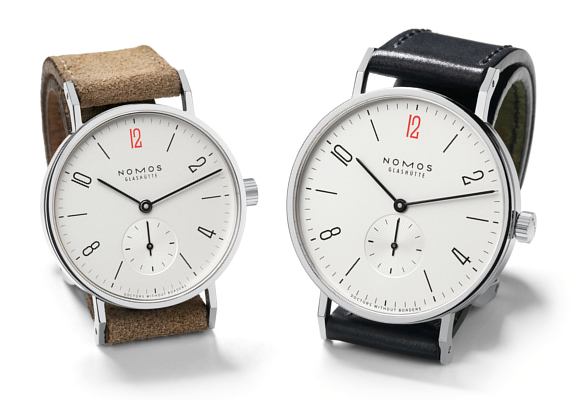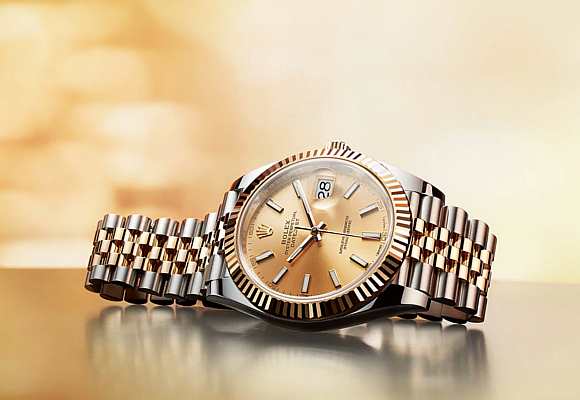Is Philanthropy a Must to Retain or to Grow Market Share?
Nomos Glashütte transfers to MSF a donation of 100 euros, pounds or dollars from the sale of each of 6,000 limited edition watches sold by the company in Germany, the UK and the US.
In January 2014, the Financial Times published a landmark piece underlying the benefits accruing to the watch industry from its marriage to Corporate Social Responsibility policies. Notably among such benefits were enhanced reputation and sales. To underline the argument in favour of the adoption of these policies by the Luxury industry the agreement between Nomos Glashütte and Medicins Sans Frontiers was brought to bear. Marketing wizards attributed to this arrangement an upwards turn in sales.

The German watch house transfers to MSF a donation of 100 euros, pounds or dollars from the sale of each of 6,000 limited edition watches sold by the company in Germany, the UK and the US. Also upon signature of the agreement , MSF received an initial €200,000. And while this arrangement was a success story many marketing experts warm the luxury industry against embracing these practices wholesale given that clients for the luxury goods industry act upon selfish impulses which run counter to generosity and care for others. But the policy does work for the watch industry with major brands engaging in partnerships with the most varied charities.

To be sure, both Carlos Torelli from the University of Minnesota and Catherine Walker, a researcher at the Directory of Social Change, a London based independent research charity, and author of The Company Giving Almanac indicate in the FT piece that charitable donations by luxury brands when imposed on consumers can create confusion and stress. These emotions spring from the fact that «The concept of CSR clashes psychologically with the motivations for buying luxury goods, and needs to be carefully managed.»

These cautionary notes have not however stopped the march of the luxury industry towards partnering with charitable endeavours. Stella McCartney donates 10 per cent of all profits from her New York boutique to charity, and Cartier’s Love Collection remains the template for both luxury and kindness. Rolex founder Hans Wilsdorf bequest all profits from his archetypical luxury watchmaking house to the Hans Wilsdorf Foundation, to be distributed to children’s charities and global entrepreneurial projects.

As Millennials become wealthier and more powerful, goodwill will carry much more weight in consumption decisions. This global population cohort rejects anything that enhances human suffering or negatively impacts the environment. They thus tend to flock towards brands associated with benevolence. Understanding this frame of mind is fundamental to any luxury brand aspiring to survive in this change ridden century.
